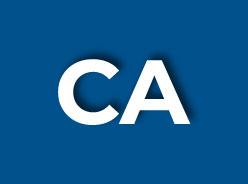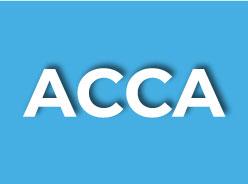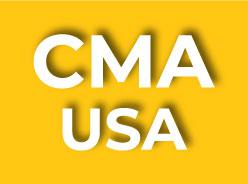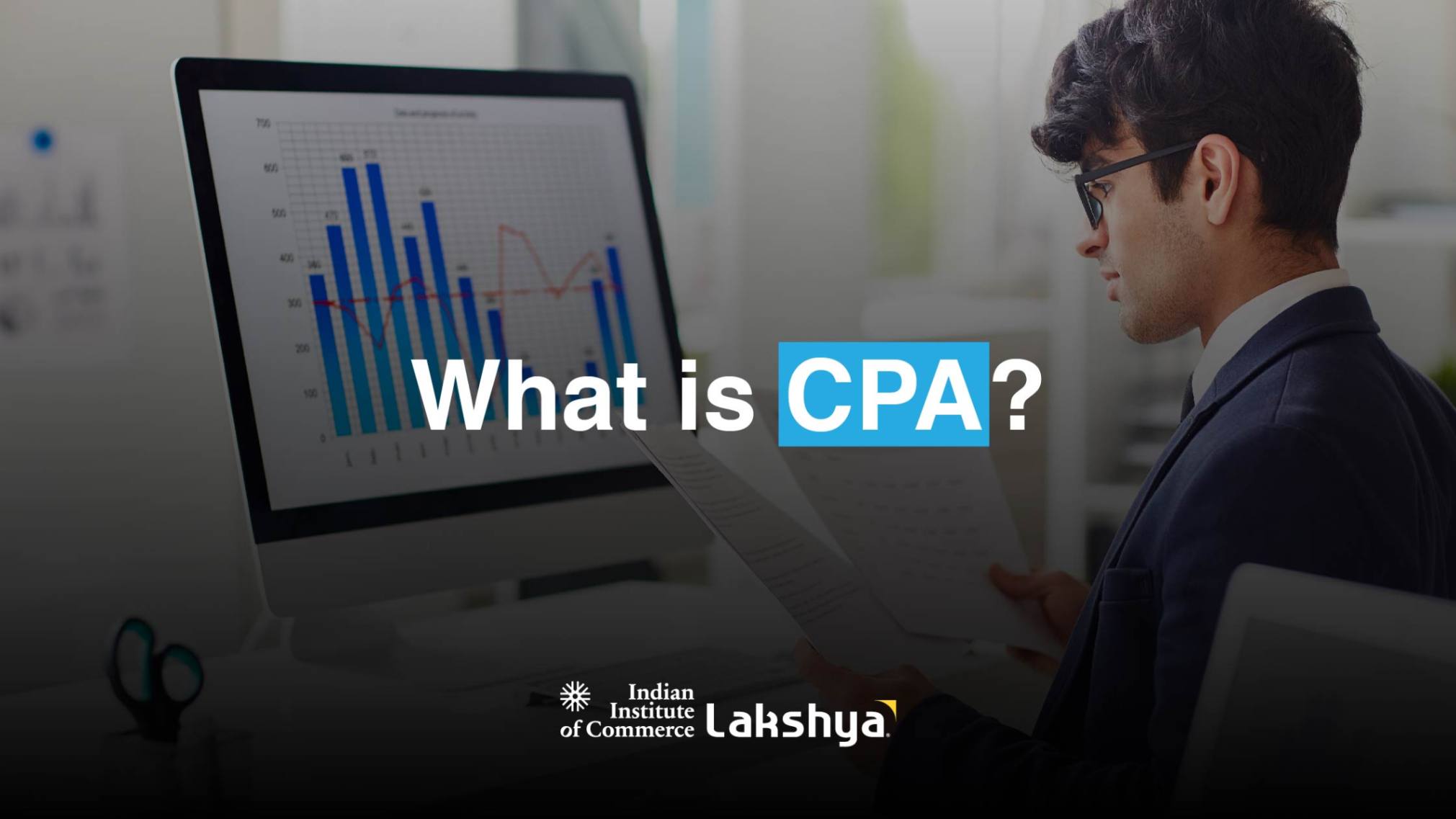A CPA, or certified public accountant, is a highly trained financial professional specializing in accounting. Though many people associate CPAs solely with tax preparation, they perform a wide variety of financial-related tasks, from financial reporting to audit work and forensic research. Read through and understand in detail about the CPA qualification, curriculum, and the opportunities the course offers.
What is CPA?
A Certified Public Accountant (CPA) is an accounting professional who has met state licensing requirements to earn the CPA designation through educational training, experience, and passing the CPA Exam. Becoming a Certified Public Accountant (CPA) is a prestigious achievement in the field of accounting. The course is administered by the Association of Certified Professional Accountants (AICPA) which is a major force in the accounting world, not just in the US but globally, with over 400,000 members.
Unlike other accountants, CPAs are licensed professionals, equipped with the skills to accurately reflect business dealings and offer valuable tax advice to individuals and businesses. The CPA credential is an internationally acclaimed qualification that is accepted in more than 130+ countries and can be conquered within 12- 18 years of duration.
How To Become A CPA?
Aspirants can start preparing for CPA with a graduation but the eligibility criteria for the CPA exam vary by state, especially for applicants outside India. This program goes the extra mile by providing flexible study choices, such as full-time, part-time, and online, to meet the diverse needs of its global student community. Here's a breakdown of what's required to become a CPA:
- To sit for the CPA exam, candidates must have completed 120 credits. However, a full US CPA license necessitates 150 credit hours, leaving a 30-credit gap to fill. This gap can be addressed by obtaining two bachelor’s degrees, or a combination of one bachelor’s and one master’s degree.
- Alternatively, individuals with an existing undergraduate degree can opt to enroll as non-degree pursuing students at a community college or university to earn the additional 30 credits. Chartered Accountants have the opportunity to receive credits from state boards, facilitating their eligibility for the CPA exam.
- International CPA candidates from India, who hold first-division graduate status from any three-year commerce degree program accredited by NAAC-A-rated universities, are eligible to take the CPA exam.
Additionally, international students must possess practical experience in accounting or finance. It's important to note that if candidates fail to obtain a CPA license within three years of passing the CPA exams, the standard CPA exam credits for examinations completed in international regions (such as India or the Middle East) will expire.
The CPA Syllabus
The CPA curriculum includes six papers, split into two groups: CORE and Discipline papers. The CORE papers are mandatory for everyone, while the Discipline papers give students a choice. They only need to choose one out of the three subjects based on their interests.
Core 1 - Audit & Attestation (AUD)
Core 2 - Financial Accounting & Reporting (FAR)
Core 3 - Taxation & Regulations (REG)
Discipline 1 - Business Analysis & Reporting (BAR)
Discipline 2 - Information Systems & Control
Discipline 3 - Tax Compliance & Planning (TCP)
CPA vs. Accountant: What’s the difference?
All Certified Public Accountants are accountants, but not all accountants are CPAs. An accountant is any person who keeps and interprets financial records. What is a CPA, and do you need to be a CPA to be an accountant? CPAs are not limited to one industry or even one job function. In addition to keeping and interpreting financial records, CPAs can perform other services as a result of the knowledge gained in exam preparation and continuing professional education (CPE) requirements.
According to the AICPA, five popular areas of expertise available to those who earn CPA designation include:
- Auditing and review
- Tax preparation and consulting
- Consulting services
- Financial planning
- Litigation consulting
Acquiring your certified public accountant license takes time, patience, and planning. Being a CPA also takes a commitment to continuing education even after earning your CPA designation. CPAs are often required to complete 40 hours of continuing professional education (CPE) each year, depending on state board requirements.
Due to the difficulty of passing the CPA Exam, as well as the commitment to continuing education, many in the finance and accounting fields consider the CPA license one of the most prestigious CPA/accounting designations a professional can earn.
CONCLUSION
In conclusion, the Certified Public Accountant (CPA) designation stands as the gold standard in the accounting and finance profession, offering unparalleled recognition and expertise. With rigorous educational requirements, comprehensive examinations, and practical experience mandates, CPAs showcase their commitment to excellence and ethical integrity. Whether serving in public practice, corporate finance, government agencies, or non-profit organizations, CPAs bring invaluable skills and insights to the table, driving financial stability, regulatory compliance, and strategic decision-making.

 ABOUT LAKSHYA
ABOUT LAKSHYA  WHY CHOOSE LAKSHYA
WHY CHOOSE LAKSHYA  MISSION AND VISION
MISSION AND VISION  CHARTERED ACCOUNTANCY (CA)
CHARTERED ACCOUNTANCY (CA)  ACCA
ACCA  CMA-USA
CMA-USA  RESULTS
RESULTS 


